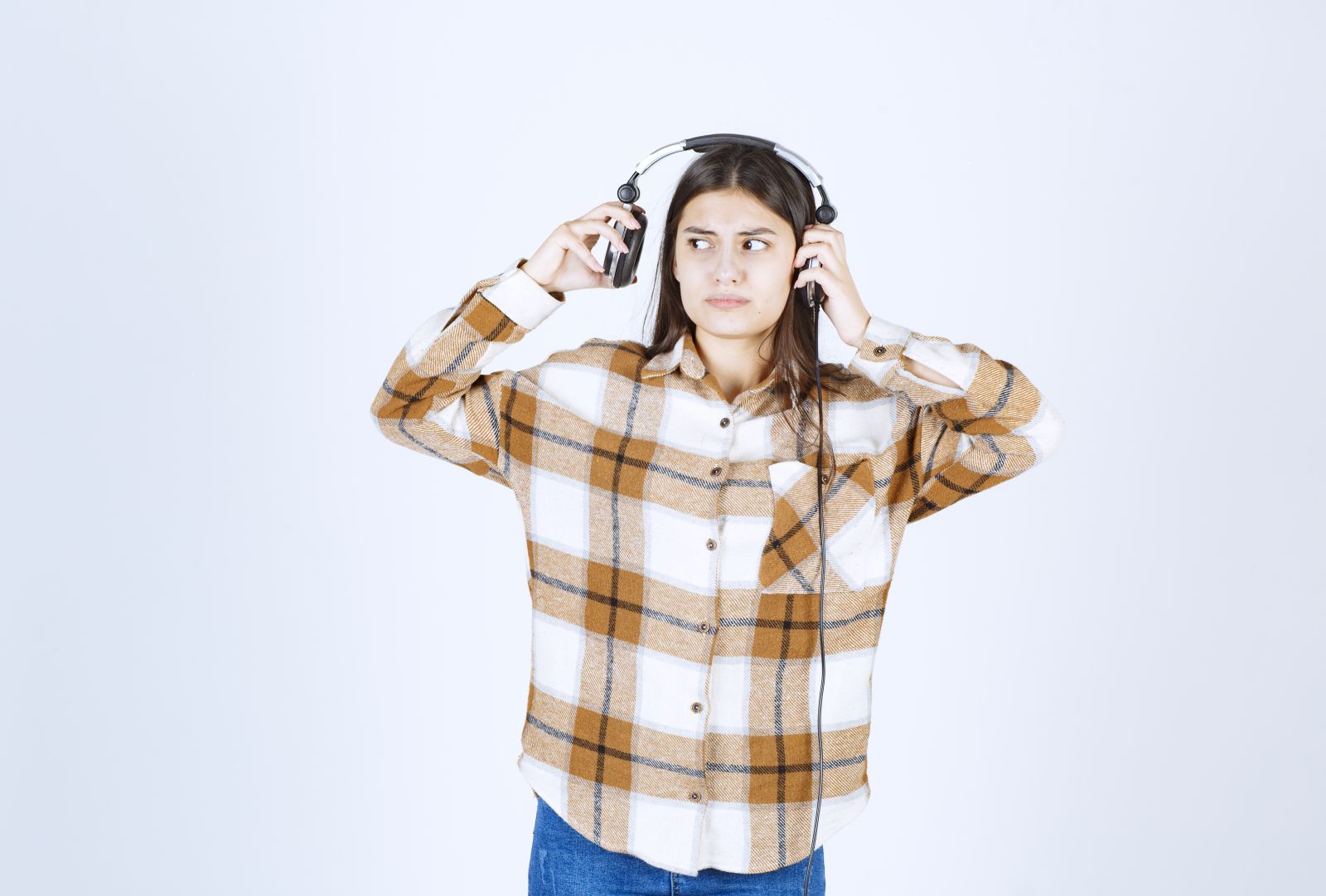Misophonia is a disorder where someone has low tolerance for certain sounds. They usually get triggered to experience anger, anxiety, or intense disgust. This disorder affects people at different levels, where some are only affected by one "trigger" sound, and others may have multiple trigger sounds.
The reactions produced can also vary from mild to severe. Some people can control and manage their responses, but others may find it difficult to control their emotions. Misophonia can be experienced by anyone, but it is more common in females, with most cases occurring in early adolescence.
Symptoms
Misophonia symptoms are related to how someone reacts to trigger sounds. Generally, it tends to occur in a "fight or flight" response, which means such a response can encompass the following aspects:
1. Emotional
Intense or dominating feelings, such as anger, anxiety, or disgust. Emotional reactions can escalate rapidly, from just a minor annoyance to anger or even rage.
2. Physical
Automatic processes that occur, such as increased blood pressure and heart rate, chest tightness, or sweating.
3. Behavioral
Actions that occur in response to trigger sounds, usually impulsive or instinctual, such as avoiding situations where trigger sounds may be heard, leaving an area when trigger sounds occur, or a verbal or non-verbal reaction to stop the sound.
In severe cases, someone may react so strongly that they don't have time to think before acting, so what they do can disturb others unintentionally. Ultimately, they can only realize and regret their actions. However, similar reactions can still occur in the future.

Trigger Sounds
Here are some types of sounds that are commonly triggers for misophonia:
- Food or drink: chewing, swallowing, or drinking loudly, especially with an open mouth.
- Breathing: snoring, sniffing, inhaling through the nose, or heavy breathing.
- Activities or movements: tapping fingers, clicking pens, typing loudly, or sounds of eating utensils.
- Mouth or throat: sneezing, coughing, or loud kissing.
- Others: ticking sounds from clocks or phones, toilet flush sounds, dripping water, animal sounds, and paper or plastic rustling.
Causes
The exact cause of misophonia is not known, but it may be caused by a combination of several factors such as differences in brain structure that make individuals more sensitive to sounds, neurological disorders, mental health, or hearing conditions, as well as the possibility of a family history.
Treatment
Mental health therapy such as psychotherapy can help people with misophonia identify triggers, find ways to reduce or prevent trigger sounds from occurring, develop coping strategies and techniques to avoid impulsive reactions, and reduce sensitivity to existing triggers.
Although there is no cure for misophonia, effective approaches to managing misophonia may be similar to managing related conditions, such as anxiety. In addition to therapy, other strategies in managing misophonia include using earplugs or noise-canceling headphones and adapting to the environment.

Misophonia is characterized when someone has low tolerance for certain sounds, such as those related to eating or drinking activities, breathing, and activities or movements. These sounds are highly likely to trigger anger, changes in vital signs, and even inappropriate actions. So, are your dislikes within reasonable limits, Ladies?
Hey, grab the Newfemme app now for cool tips and other fun stuff!




